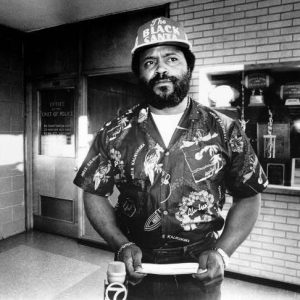 "Say" McIntosh
"Say" McIntosh
Race and Ethnicity: African American - Starting with M
 "Say" McIntosh
"Say" McIntosh
McIntosh, Robert “Say”
McIntyre, Samuel (Lynching of)
McKissic, James Henry (Jimmy)
 Jimmy McKissic
Jimmy McKissic
McLendon, Will (Reported Lynching of)
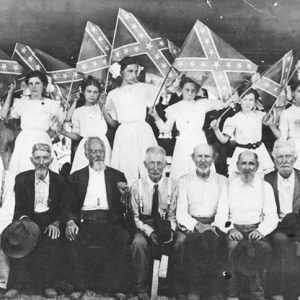 McNeil Veterans Meeting
McNeil Veterans Meeting
McNeil, Sharpe (Lynching of)
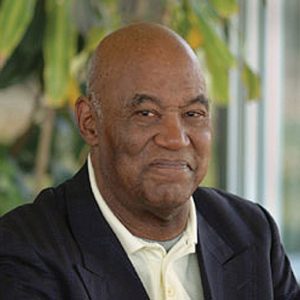 Joseph McQuany
Joseph McQuany
McQuany, Joseph Daniel
Memphis, Tennessee, into Southeast Arkansas and Northeast Louisiana, Expedition from
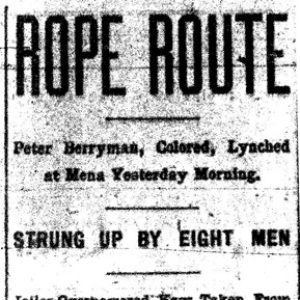 Mena Lynching
Mena Lynching
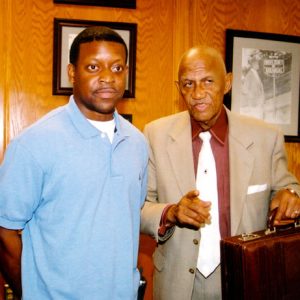 C. C. Mercer and Johnathan Carter
C. C. Mercer and Johnathan Carter
Mercer, Christopher Columbus, Jr.
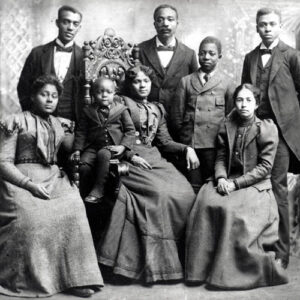 Methodist Missionaries
Methodist Missionaries
Military Farm Colonies (Arkansas Delta)
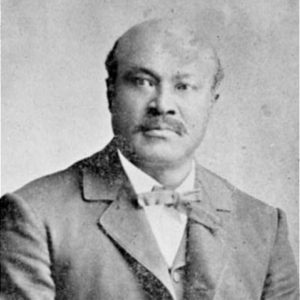 Abraham Miller
Abraham Miller
Miller, Abraham Hugo
Miller, Asbury Mansfield
Miller, Eliza Ann Ross
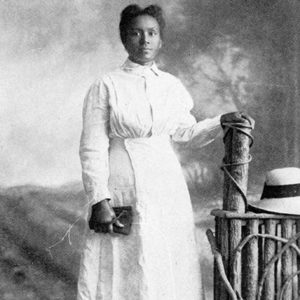 Eliza Ann Ross Miller
Eliza Ann Ross Miller
Minton, Clifford E.
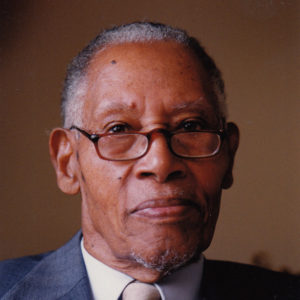 Clifford Minton
Clifford Minton
 Mischief
Mischief
Mississippi County Executions of 1880
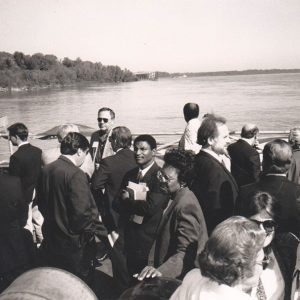 Mississippi Cruise
Mississippi Cruise
Mitchell v. United States
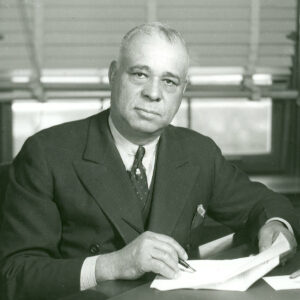 Arthur W. Mitchell
Arthur W. Mitchell
Mitchell, Bobby
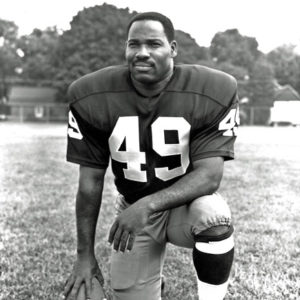 Bobby Mitchell
Bobby Mitchell
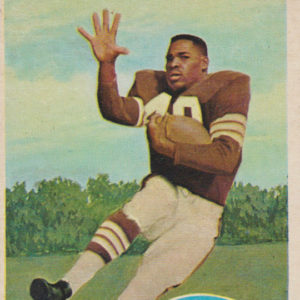 Bobby Mitchell
Bobby Mitchell
Mitchell, Charles (Lynching of)
Mitchell, Elton (Lynching of)
Mitchell, Juanita Jackson
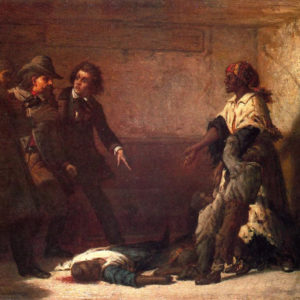 The Modern Medea
The Modern Medea
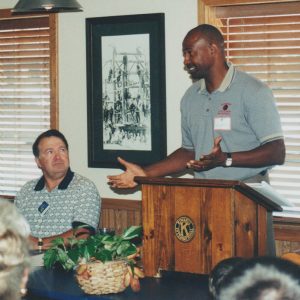 Moncrief in Cabot
Moncrief in Cabot
Moncrief, Sidney
 Sidney Moncrief
Sidney Moncrief
 Sidney Moncrief
Sidney Moncrief
Monroe County Lynching of 1893
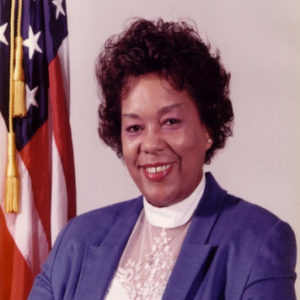 Raye Montague
Raye Montague
Montague, Raye Jean Jordan
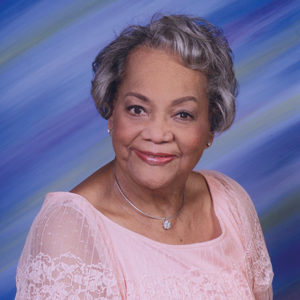 Raye Montague
Raye Montague
Monticello Academy
Moore, Edward, Jr.
 Edward Moore Jr.
Edward Moore Jr.
Moore, Frank
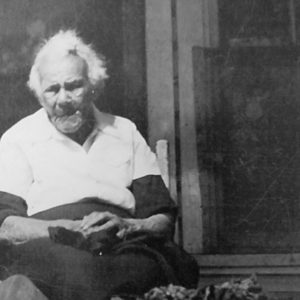 Massoline Moore
Massoline Moore




